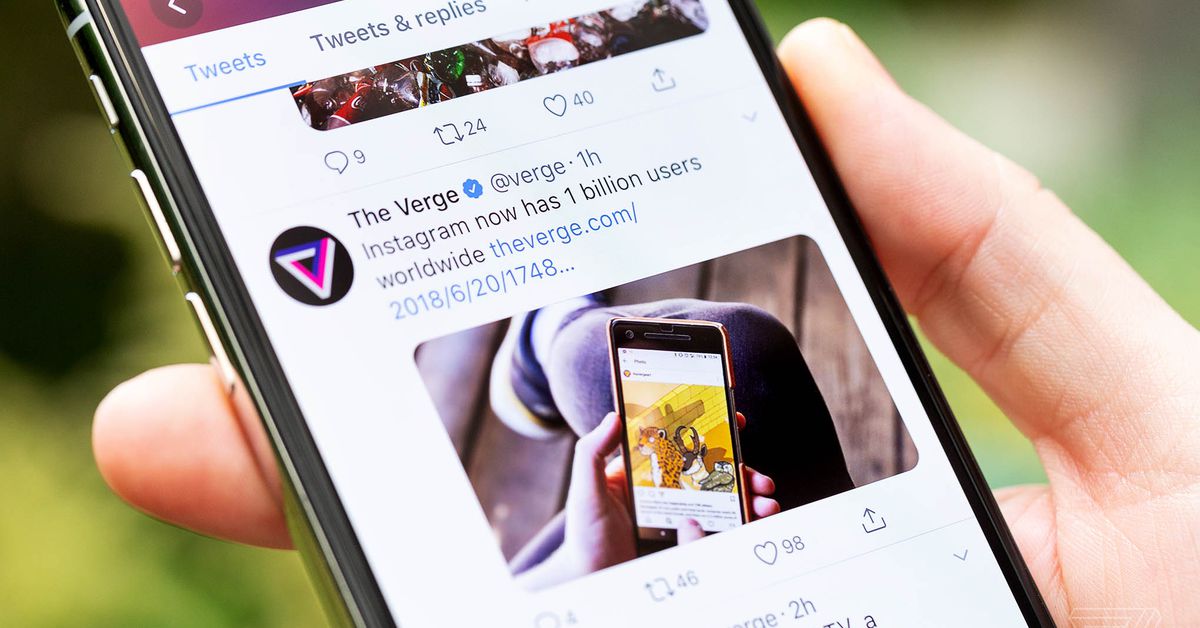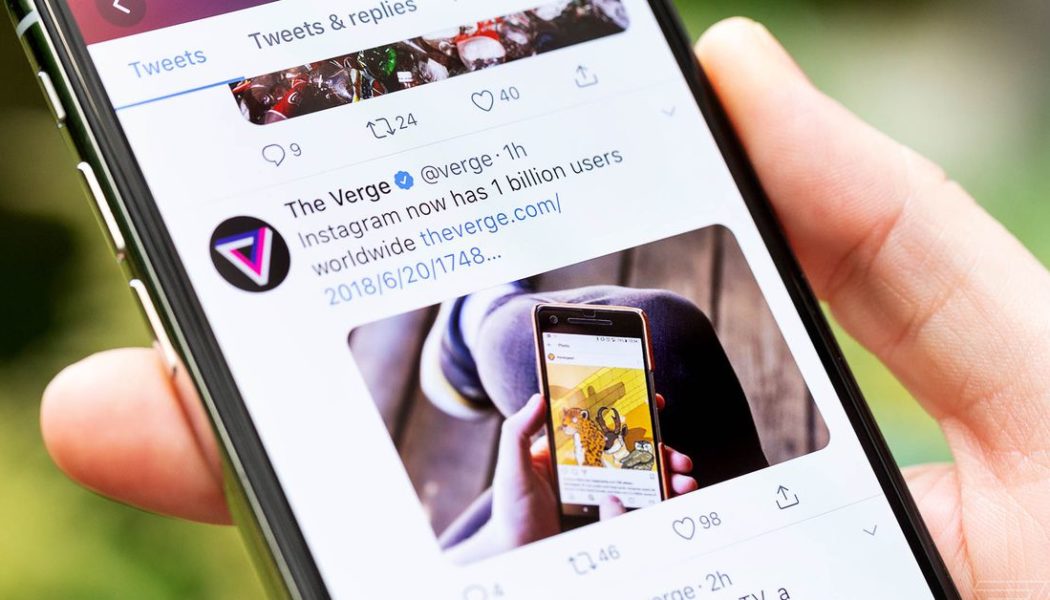
Twitter is planning new features to give people more privacy options, according to Bloomberg. The social network’s plans reportedly include the option to archive old tweets so they’re not visible to other users after a given period of time (like 30, 60, or 90 days or a full year). They also include possible options to limit who can see which tweets you’ve liked, to let people remove themselves from a conversation on Twitter, and to let people remove followers without outright blocking them.
Bloomberg describes the new features as a suite of “social privacy” changes that are aimed at making people more comfortable engaging on Twitter. Internal research at Twitter apparently found that many users don’t even understand whether their accounts are set to public or private — something the company will begin asking users to review in September.
There’s no timeline for some of the changes, and the archive option, in particular, is in the “concept phase,” according to Bloomberg. But Twitter reportedly plans to start letting people remove themselves from conversations by the end of the year and to let people remove followers (as opposed to soft blocking them) starting this month.
Twitter confirmed the news in a statement to The Verge. “At Twitter, privacy is more than what we do with your data, it’s also about how we help you feel safe and in control of how you show up on Twitter,” a spokesperson said. “We understand that there’s no one size fits all approach to privacy, so we’re excited to roll out more features and tools to empower people on Twitter to customize their experience. Our focus on social privacy is inspired by feedback we received through a global research study we conducted to better understand people’s perceptions of and needs for privacy around the globe. We’ll begin testing some of these features as soon as next week.”
The upcoming changes accompany a flurry of other recent updates to Twitter. Over the past year, the company has tested monetization features like ticketed audio rooms, which started rolling out last week, and subscription-based “Super Follows,” which launched in the US yesterday.
As Bloomberg acknowledges, the privacy changes replicate sometimes clunky workarounds that many users have already adopted, including external services that delete tweets after a certain period of time. That stands in contrast with Twitter’s Fleets — an expiring message tool that Twitter retired after eight months of low usage.








